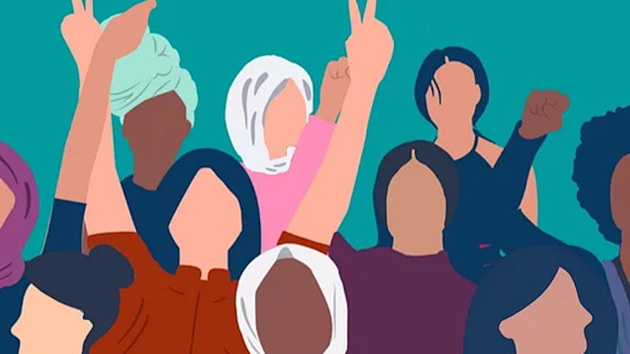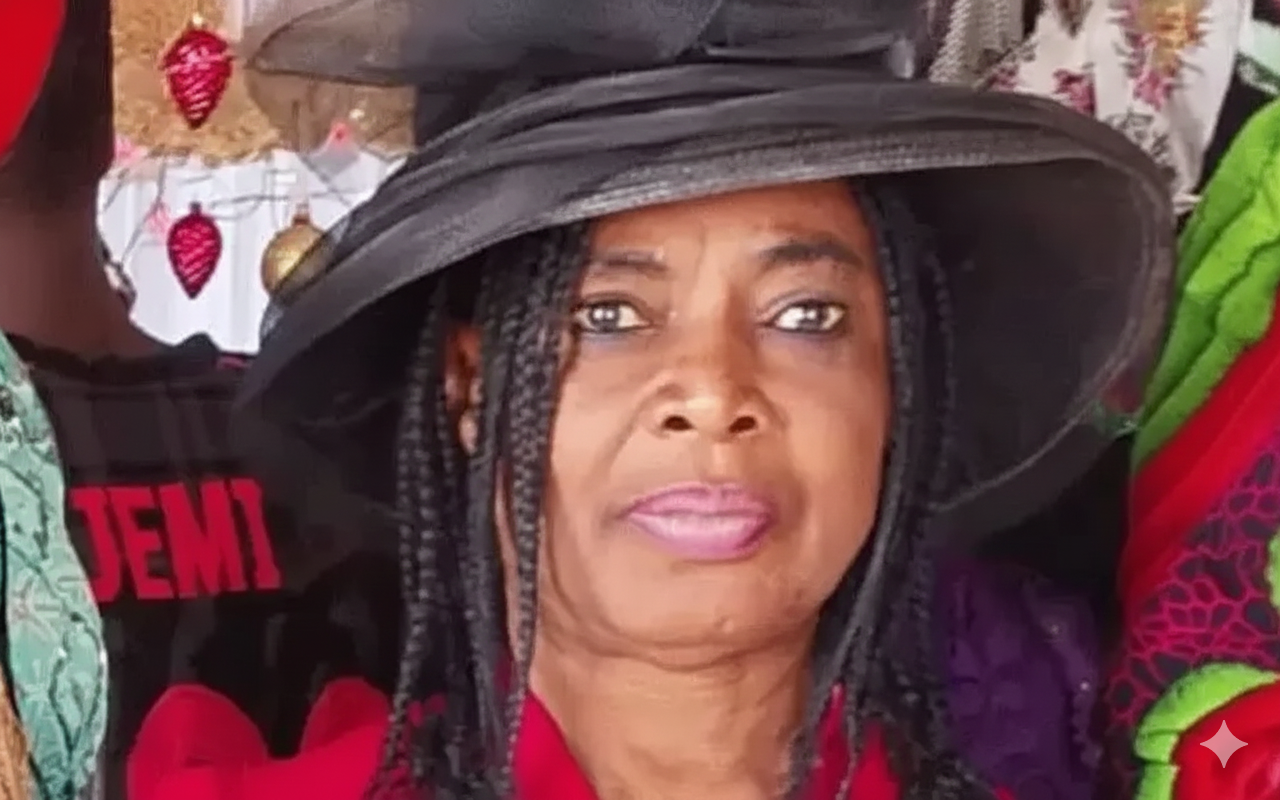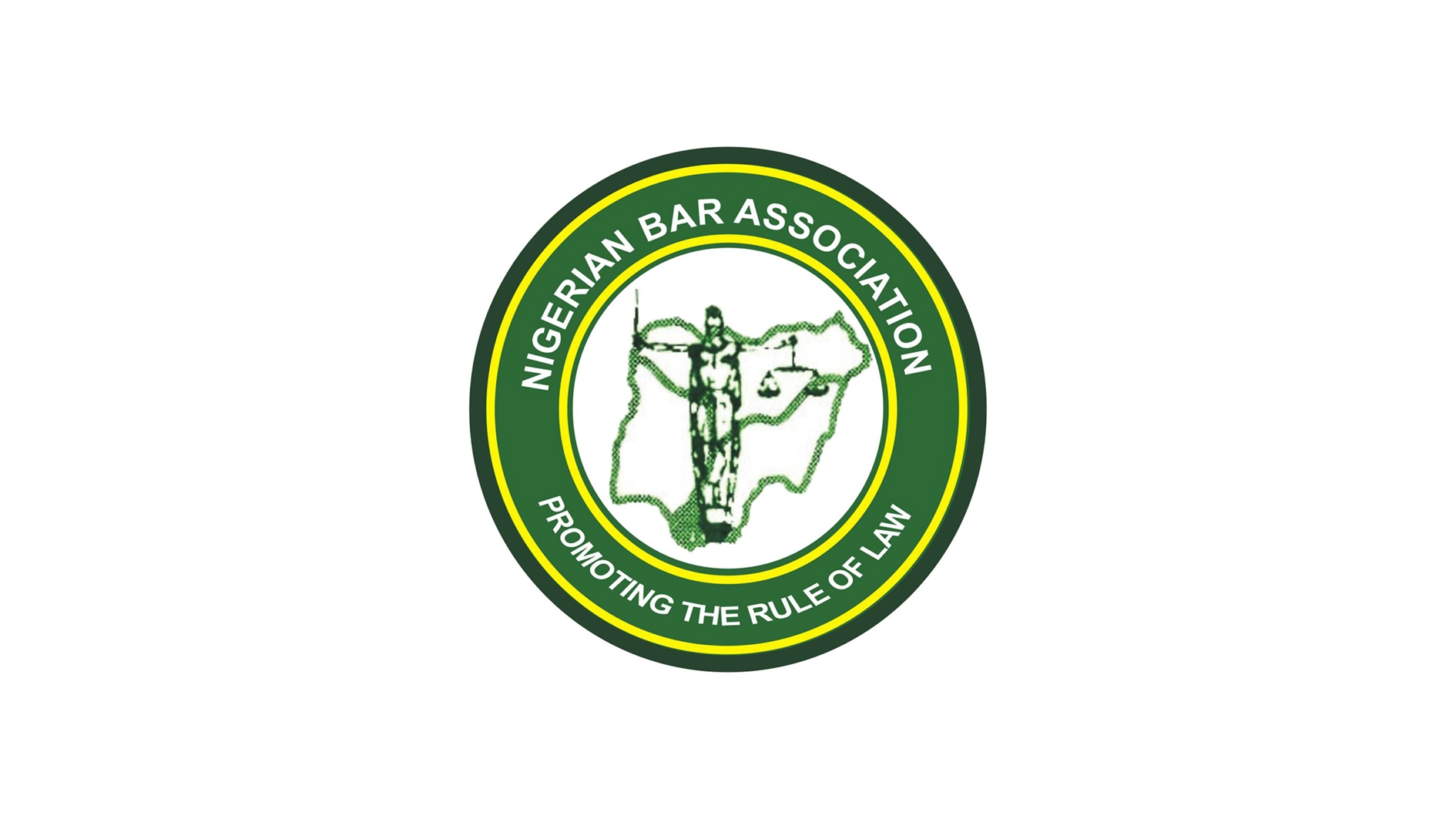
South East women have been charged to actively participate in mainstream politics and leadership spaces in the country to maximise the 35 per cent women affirmative action and change the narrative of governance, especially in the region.
The charge was made by a civil society organisation, BAOBAB, during a one-day Regional Strategic Workshop on Women’s Participation in Politics and Leadership in South-East Nigeria, held in Owerri on Monday.
The critical objectives of the workshop, according to the organisers, are to identify and discuss region-specific barriers to women’s participation in the South East geopolitical zone and to develop action plans to drive advocacy for change of the narrative.
The organisers, who opined that true democracy can only be achieved when women are equally represented in political leadership, expressed concern that the current statistics of women in political leadership positions in the country are abysmally poor and unencouraging.
In her address, BAOBAB Executive Director, Yeye Bunmi Dipo-Salami, reiterated the significant roles of women in nation-building, noting that women ought to be supported by all means in politics to birth new hope for the country.
“Women are asking for more leadership opportunities. We are asking for votes during elections. And we are here to check what we are not doing right and the way forward: who should we be talking with, who should we run to, and how can we have more women in politics for the betterment of Nigeria,” she said.
Speaking at the event, Hon. Mrs Chinyere Juliet Nwogbaga, member representing Ebonyi South/North in the state House of Assembly; Amb. Uju Onwudiwe, Chief Sponsor of the Violence Against Persons Prohibition (VAPP) Law in Imo State and former State House of Assembly member; and Eze Clinton Uboegbulam, the Traditional Ruler of Umuororonjo, urged women to go beyond mere requests to meet the 35 per cent inclusion goal by leading exemplary lives and building capacity and character.
They further advised women politicians to always reach out to the grassroots and protect their votes during elections, stressing that people with a clear vision for leadership do not wait for power to be given to them but take it for the general well-being of the people.
Onwudiwe stated, “The way we women run our homes is the way we want to run our states and the nation. And we need to let the people know that women have all it takes to lead, and without the women, the nation may never get it right and will never smile.”
Eze Uboegbulam noted that it was high time women rose to boldly challenge men on elective positions, assume critical positions of authority, and actively partake in decision-making for the nation, adding “Women’s affairs can only be addressed properly when women are actively on board to champion their cause.”
Adding their voices, Barr. Mrs Ebere Ifendu, founder of the Women in Politics Forum, and Ms Blessing Duru, Programmes Director at Alliances for Africa (AfA), called for the support of traditional and religious institutions in the region for the project.
They noted that such support, alongside that of other key stakeholders, would go a long way in entrenching the desired change in the long-overdue one-sided political leadership in the zone and country at large.
They further called for collaboration with men and political parties to create a quota system in political positions specifically for women, adding that such measures would help increase women’s participation in politics and leadership positions.
“We have all it takes to lead. Women are smart, and all we ask the president, governors, and other key stakeholders is the space to operate and make positive impacts,” Ifendu said.
The theme of the workshop, which featured notable female politicians and other key stakeholders drawn across the five Southeastern states of Abia, Anambra, Ebonyi, Enugu, and Imo, was “From Margins to Mainstream: Improving Women’s Political Participation in Nigeria.”






